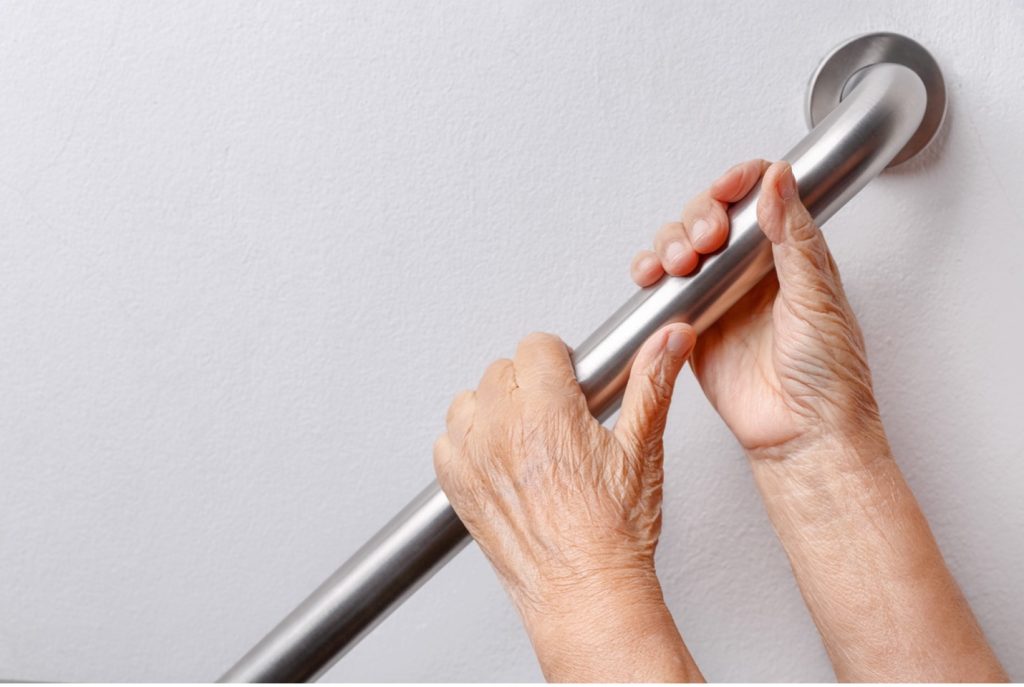A majority of older adults prefer to find ways to live independently at home rather than move to a new location when their faculties become impaired. For loved ones, this can be a major cause of concern. While people and their family situations come in all shapes and sizes, there are some basic steps that should be considered to make the home continue to be a safe, comfortable environment.
Some Remodeling Considerations
As people age, the layout and amenities of their homes might become more difficult to maneuver. Basic furnishings can become hazards with area rugs places to slip or trip and furniture layout impeding a cane, walker, or wheelchair. Bathtubs, steps, and high cabinets are all more difficult to access, and using them may be an additional hazard for a frail individual. Simple changes can make a world of difference in terms of safety and access.
- Install bars next to baths and toilets for more secure usage.
- Put ramps on steps or consider a more substantial renovation to make a home single-story living.
- Put non-slip layers under area rugs or consider carpeting.
- Adjust the maximum temperature of the water heater to prevent accidental scalding.
- Rethink furniture layout to permit access.
- Rearrange kitchen and other locations to put more items in easy reach.
- Use medical alert systems designed to notify EMT’s in the event of an emergency.
Security Precautions
Safety for older adults comes in many forms. Isolation, cognitive abilities, and other factors make them susceptible to a variety of dangers. Strangers and sometimes people close to the elderly can take advantage of them if they are not protected. Keeping a loved one safe from these kinds of threats while letting them continue to live independently requires careful balancing. Phone scams are not the only type of intrusion, so security systems could be helpful. CCTV Camera World suggests working with a professional to decide the best security cameras for your situation. Here are a few other simple precautions that can make a big difference.
- Automate bill paying and other financial transactions.
- Become a joint account holder or get power of attorney.
- Only hire licensed and insured caregivers for home help.
At SmithLife Homecare, our licensed, bonded, and insured professionals begin our relationship with our clients with a thorough assessment of the home environment. We make recommendations about how our team can provide custom care and support to make sure your loved one is safe and comfortable in their home. Call 301-816-5020 and ask for one of our SmithLife Homecare Certified Home Safety Experts on staff for a free inspection of your home.
Note from the author-
Thank you for reading our latest blog post at SmithLife Homecare. If our content has been helpful, please share it with others. We’re committed to providing valuable insights on homecare and well-being, with fresh content monthly. We value your feedback and suggestions; feel free to leave a comment below. Your support helps us make a difference. Stay tuned for our monthly blog posts!

About the Author-
Renan Augusto is the Director of Digital Marketing for SmithLife Homecare. SmithLife Homecare is a senior in-home care provider located in Rockville, MD & Washington, D.C. Renan has a Master of Science in Digital Marketing. He helps families with starting home care service. He holds credentials as a Certified Dementia Practitioner, Senior Home Safety Specialist, and Meta Certified Digital Marketer.
